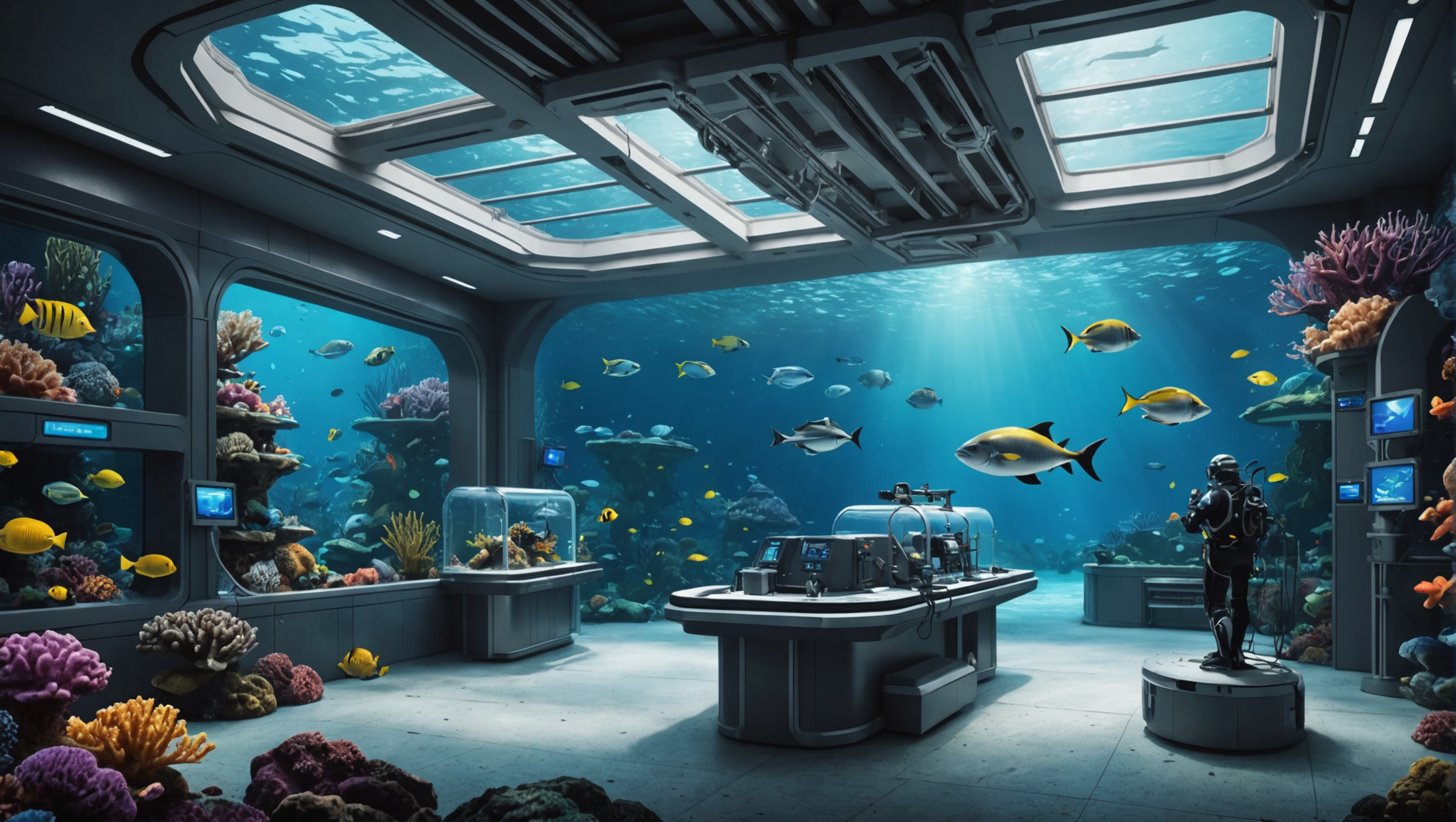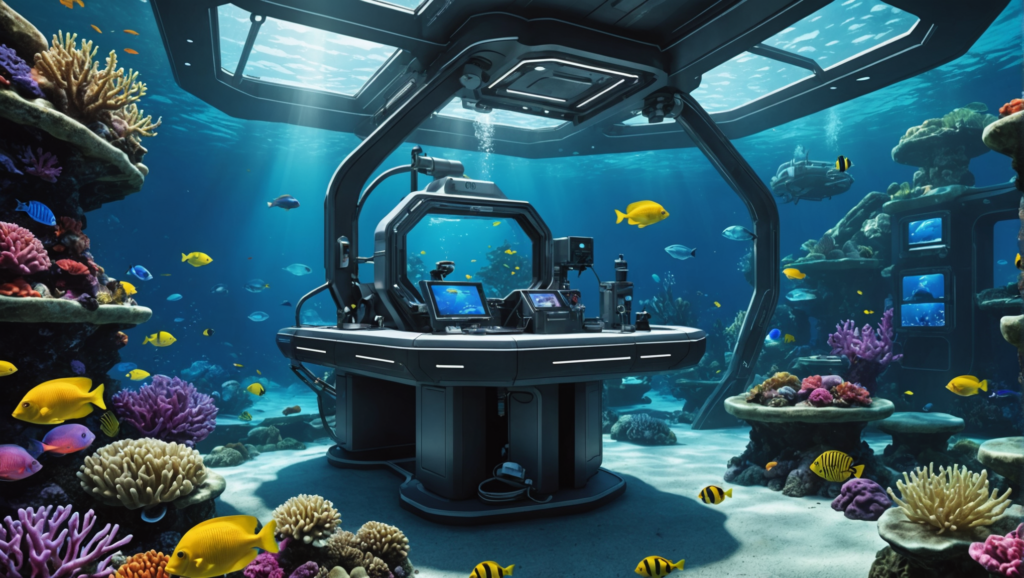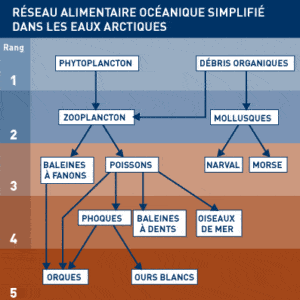The ocean, vast and mysterious, contains unexplored treasures that promise to transform our future. There marine biotechnology emerges as a key area in the quest for innovative solutions to contemporary challenges. By relying on marine biological resources, it opens the way to a wide range of applications, ranging from medical treatments to the preservation of our environment. This booming sector, often referred to as blue bioeconomy, is deeply anchored in a vision of sustainability, aiming to exploit ocean biodiversity while respecting ecosystems.
There marine biotechnology offers a multitude of opportunities, both for research and economic development. With only 15% of marine biodiversity currently recorded, this almost virgin universe is a promise of still little-known innovations. From the use of marine organisms for pharmaceutical products to initiatives aimed at valorizing raw materials of marine origin, the challenges are vast and varied. Advances in this area will not only transform industrial sectors, but also contribute to the resilience of local economies. In short, the exploration of the sea depths is much more than a scientific adventure, it is a real response to the challenges of tomorrow.
There marine biotechnology represents a tremendous area of innovation that drives the global and local economy. It leverages marine bioresources to develop sustainable solutions and new products in various sectors, from medicine to agriculture. As we become increasingly aware of the need to protect our natural resources, marine-related technologies are emerging as viable options to address these environmental challenges.
Table of Contents
ToggleEcological and Economic Issues
The oceans cover more than 70% of the Earth’s surface and are home to immense biodiversity. According to recent studies, approximately 85% of marine biodiversity still remains to be explored. This untapped wealth represents a unique opportunity for marine biotechnologies, also called blue biotechnologies. By integrating marine organisms into the development of new materials, drugs or energy sources, this field of study could transform our economic and environmental approach.
THE marine biotechnology are often seen as a solution for the blue economy, which promotes sustainable development of ocean resources. For example, algae and other marine microorganisms are increasingly used in the food and pharmaceutical industries. A report from theOECD indicates that this sector could generate more than 150 billion euros per year by 2030, making it a key player in the fight against climate change.
Recent Innovations and Case Studies
There marine biotechnology has been the subject of many recent innovations. One of the most promising advances concerns the use of marine compounds for the development of new drugs. For example, research on marine organisms such as sponges and corals has led to the discovery of molecules with antibiotic, antifungal and anticancer properties. These substances, previously inaccessible, open new avenues in terms of human health.
A concrete example is that of the sea urchin herpesvirus, which has been exploited to create an antiviral that could well replace existing treatments. Researchers from the University of Nice have identified these molecules and have been working on their development for several years. This type of innovation lays the foundations for sustainable and effective medicine, through responsible operation maritime resources.
Practical Recommendations and Applicable Strategies
To support sustainable development in the health sector marine biotechnology, it is fundamental to put in place clearly defined strategies. This includes creating partnerships between the public and private sector for research and development. The exchange of information and technologies between companies and universities is also crucial. In this regard, the innovative start-ups play a key role in boosting the blue economy, bringing new ideas and technologies to the market.
Another recommendation concerns education and training. Supporting marine science education from an early age is essential. THE educational programs must be designed to raise awareness among new generations of the challenges of marine biotechnology. By fostering the emergence of new talent, we can ensure that these technologies will continue to grow and evolve.
Finally, attention must be paid to the sustainability of methods of harvesting and exploiting marine resources. Initiatives such as the creation of marine protected areas and the application of responsible fishing practices are crucial. According to experts, only 5% of the oceans are currently well protected, while sustained efforts are needed to preserve the marine ecosystem while exploiting its resources.
In conclusion, the marine biotechnology are on the cusp of a revolution that could not only transform our approach to maritime resources, but also contribute to a more sustainable future. Whether it concerns health, food or new technologies, the exploration of the ocean depths can open up promising avenues for our collective future.

🧬 Bioptimus lance le «ChatGPT» de la biotechnologie ?https://t.co/1p8z9daHiS
— Maddyness (@bymaddyness) July 12, 2024









